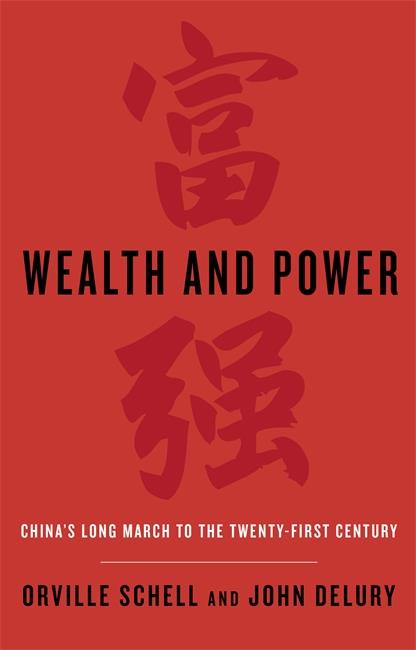Orville Schell
Orville Schell, author of more than a dozen books, studied Chinese history at Harvard and Berkeley and has written for many publications, including The Atlantic, The New Yorker, Time, Foreign Affairs, The New York Review of Books, Harper's, and The New York Times. Formerly the dean of the Graduate School of Journalism at the University of California at Berkeley, he is currently the Arthur Ross Director of the Asia Society's Center on U.S.-China Relations in New York City.
John Delury received his Ph.D. in modern Chinese history at Yale University, where he wrote his dissertation on the Ming-Qing Confucian scholar Gu Yanwu. He taught at Brown, Columbia, and Peking University, and was associate director of Asia Society's Center on U.S.-China Relations. He is currently an assistant professor of East Asian studies at Yonsei University in Seoul.
>

